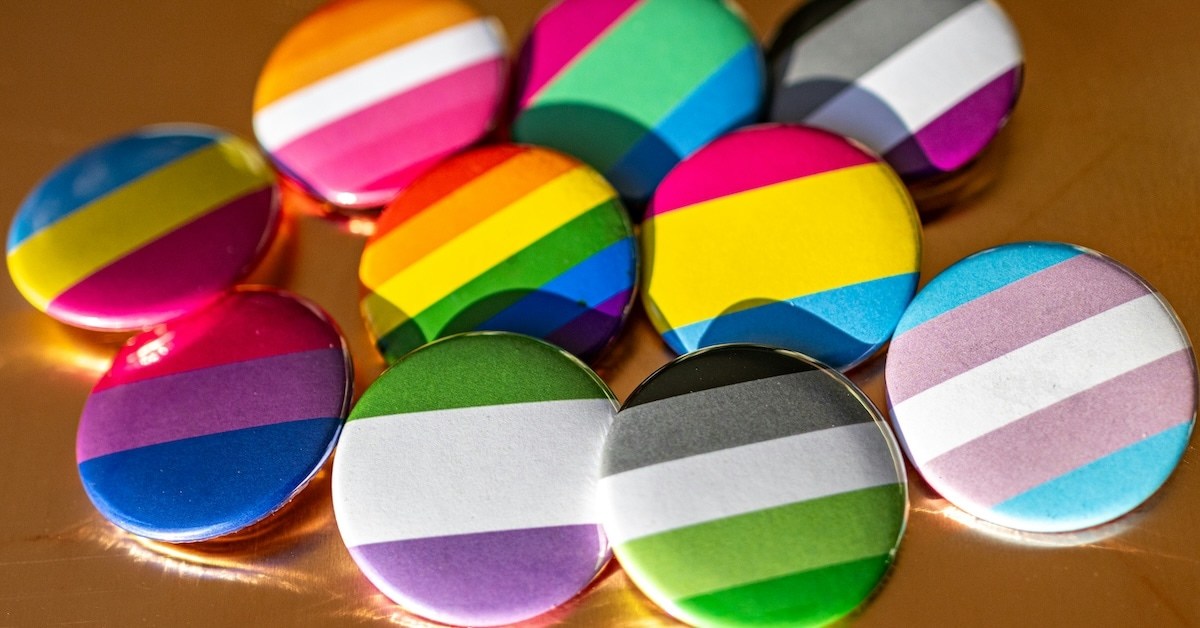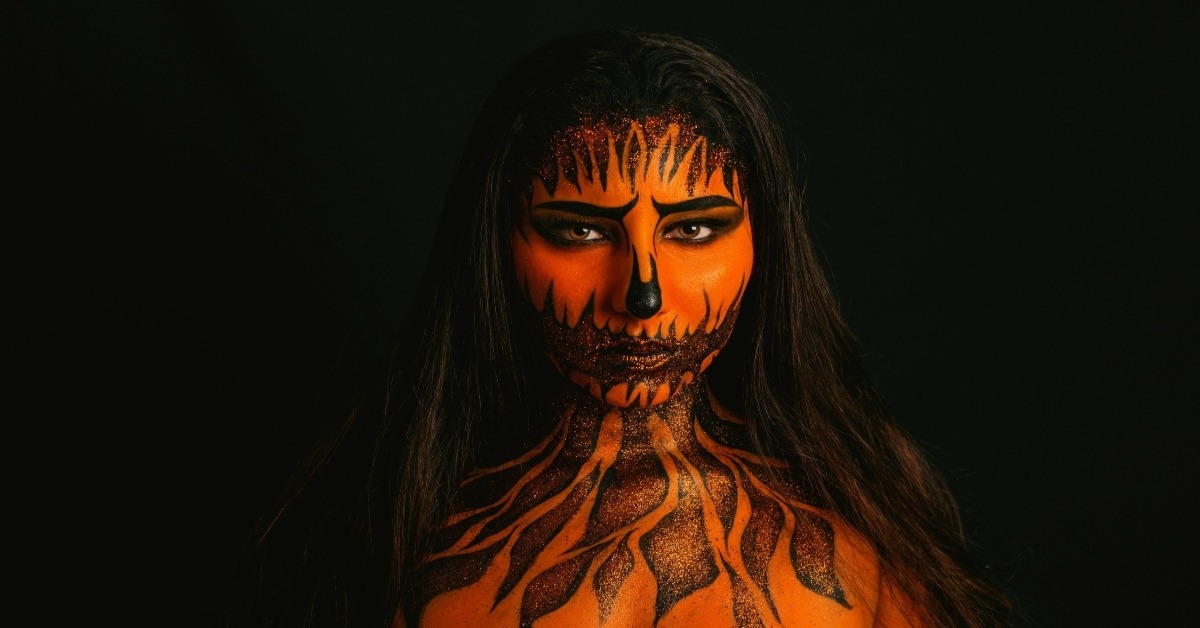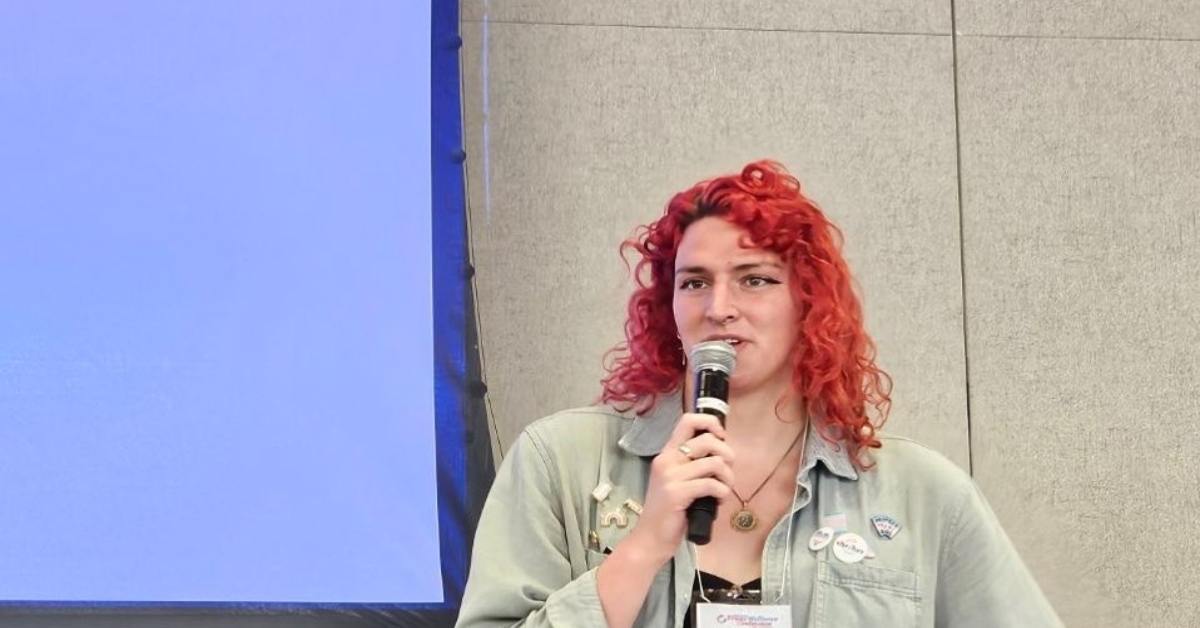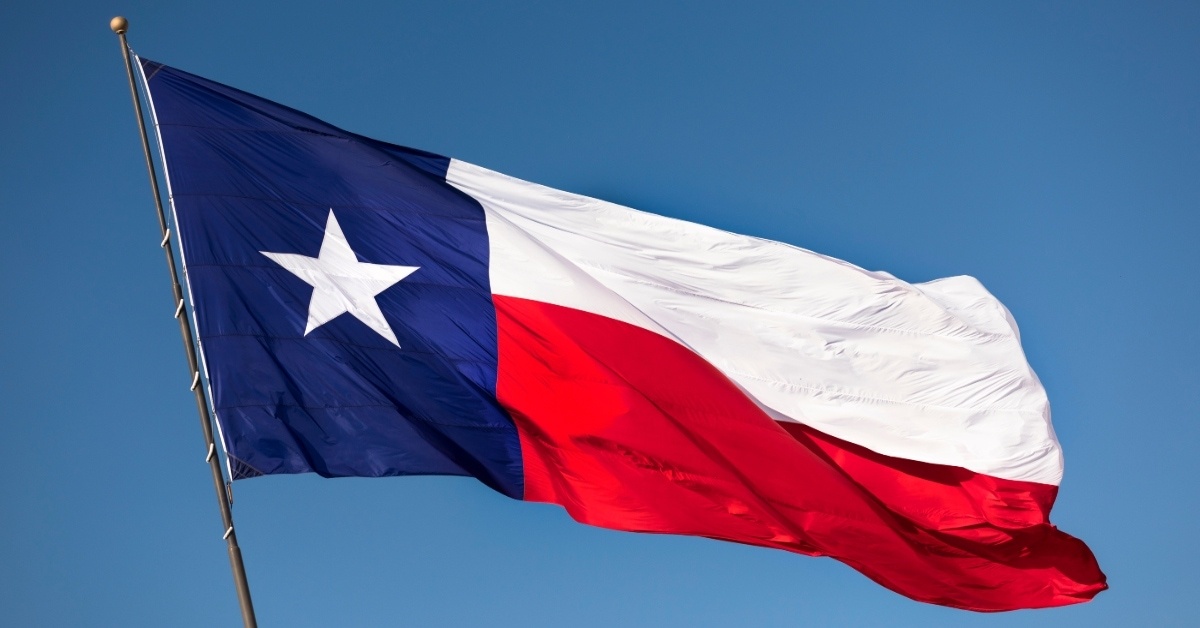BY: DM
Published 4 hours ago
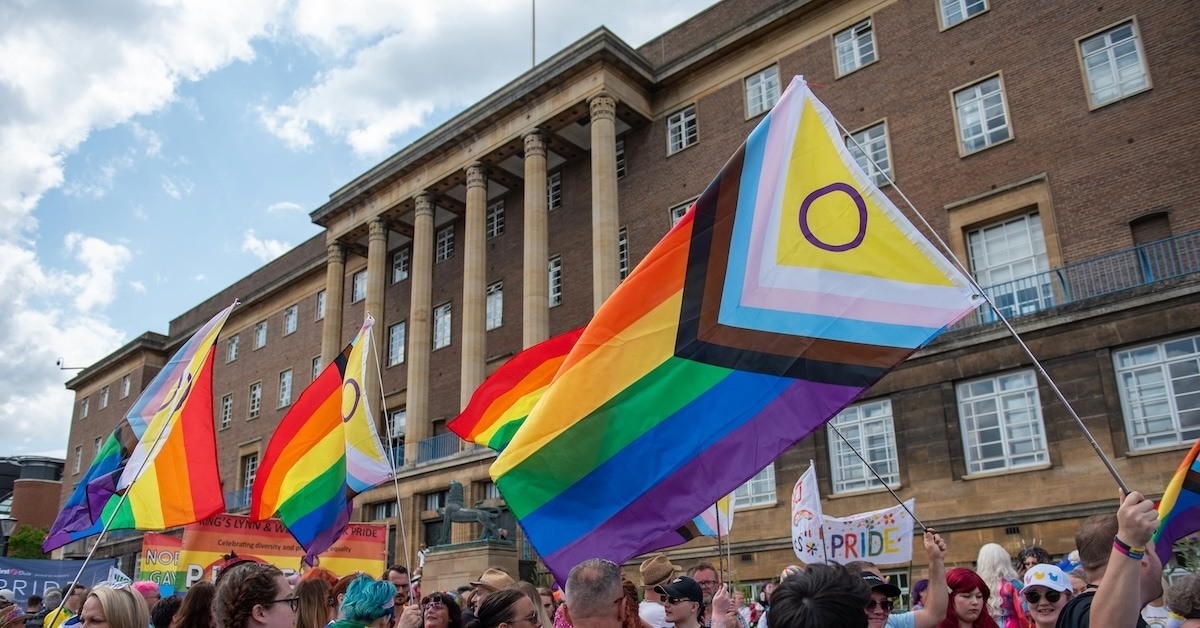
Numbers don’t lie, and the latest UK poll might be proof that the trans community faces growing hostility worldwide. In February, YouGov’s long-running tracker revealed that skepticism toward transgender rights has increased across every demographic since 2022. The shift includes women and younger voters, groups that were previously supportive.
Now, a new YouGov survey commissioned by the Good Law Project highlights what that shift looks like in everyday life. The poll asked trans, non-binary, and intersex adults about their daily experiences. The findings are chilling. Here’s what the poll uncovered.
The Poll Exposed a Harsh Reality for Trans People in the UK
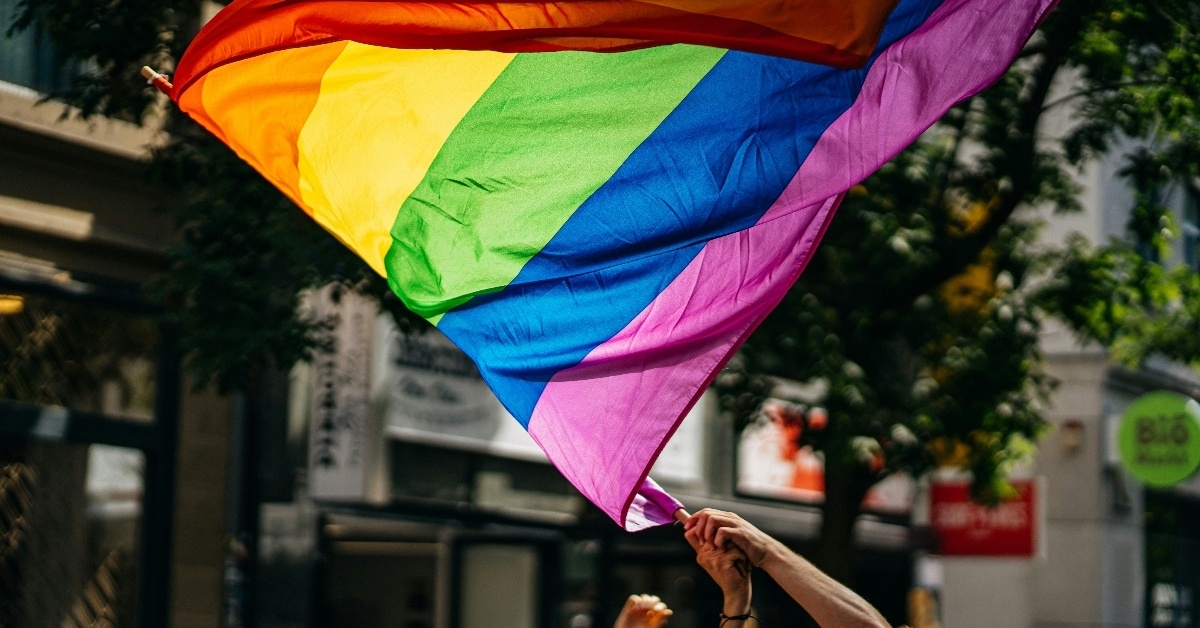
The YouGov survey found that 84% of trans respondents feel the UK is either “fairly unsafe” or “very unsafe” for trans lives. Sixty-five percent reported verbal abuse in public spaces, nearly one in four (24%) said they’ve experienced physical violence, and about half struggle to access appropriate toilets when they’re out.
“In recent months, many trans people have been living in abject terror,” said Jess O’Thomson, the Good Law Project’s trans lead. “They are afraid of being harassed, outed, and discriminated against. It is appalling that nearly half of trans people report they are now finding basic toilet access difficult, despite the EHRC’s claims that they are protecting people. The fact that only 14% of trans people feel safe in this country represents a devastating humanitarian crisis.”
This comes amid growing policy changes in the UK. In April, the UK Supreme Court ruled that, under the Equality Act 2010, terms like “sex,” “man,” and “woman” refer to biological sex. The decision reshaped how single-sex spaces, services, and policies are administered under the law. Soon after, the Equality and Human Rights Commission (EHRC) issued interim guidance. It withdrew the guidance in mid-October amid political and legal backlash, stating that updated statutory guidance requires government approval, according to The Guardian.
The sports and healthcare sectors have also faced scrutiny for their treatment of trans people. The Football Association barred trans women from competing in women’s leagues, while other sports began reassessing eligibility policies, AP News reported. NHS England ended routine prescriptions of puberty blockers for minors, limiting them to research trials, and the UK government later moved to make that restriction indefinite.
How Are LGBTQIA+ Groups Responding?

Official police data shows reported hate crimes dropped 5% year-over-year to March 2024. However, LGBTQIA+ anti-abuse charity Galop says the numbers don’t tell the full story. Many victims don’t report incidents, and the group saw a major increase in requests for help in 2024 even as official totals fell.
On the ground, charities are creating their own systems to keep people safe. Zoteria — a free app from the Vodafone Foundation, Stonewall, and Galop — allows anyone to report anti-LGBTQIA+ hate incidents and connect with trained caseworkers. The Good Law Project is also taking legal action, challenging both the Supreme Court ruling and the Equality and Human Rights Commission’s (EHRC) withdrawn guidance.
Even after the Supreme Court’s decision, the Equality Act 2010 still bans discrimination and harassment based on gender reassignment. However, the ruling changes how single-sex exceptions are applied. Until the government finalizes new EHRC guidance, confusion continues to leave trans and non-binary residents unsure of their rights.
What do you think needs to change to make public spaces safer for trans and non-binary people? Comment below!


